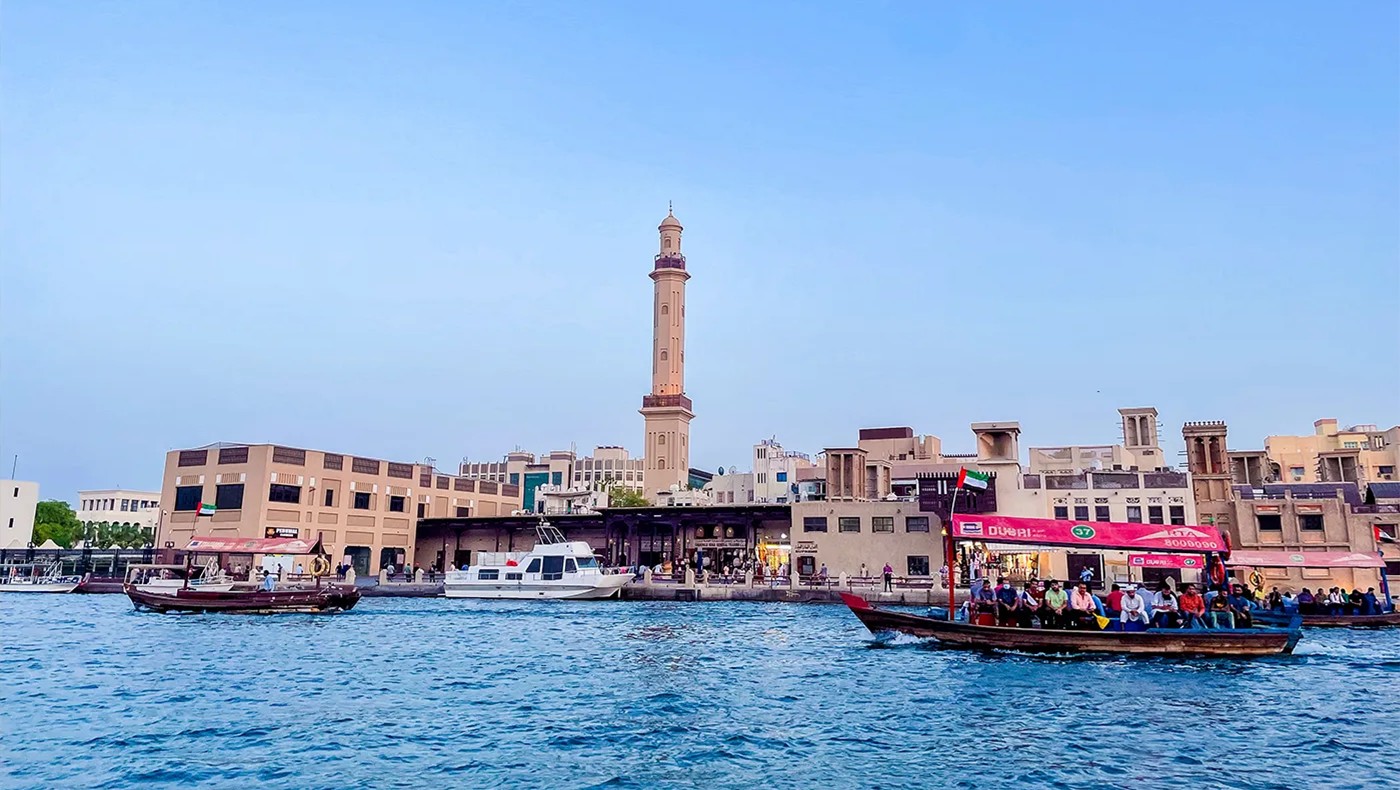Already the world’s hottest coastal environment in the summer, the shallow sea between the Arabian peninsula and southwestern Iran continues to heat at a breathtaking pace.
“The Middle East is one of the worst areas in terms of how rapidly temperature change is occurring,” says Brian Helmuth, Northeastern professor of marine and environmental science.
In the past, geopolitical tensions among the gulf states precluded regional cooperation to address the effects of climate change and pollution in the water body known as the Persian or Arabian Gulf.
But an improvement in diplomatic relations among gulf nations presents “a window of opportunity” to develop a regional network of scientists to share data and come up with marine conservation strategies that cut across borders, Helmuth says in a Royal Society Open Science article he co-authored that was published Sept. 27.
Read more from Northeastern Global News.
Photo by DPPA/Sipa USA via AP Images

